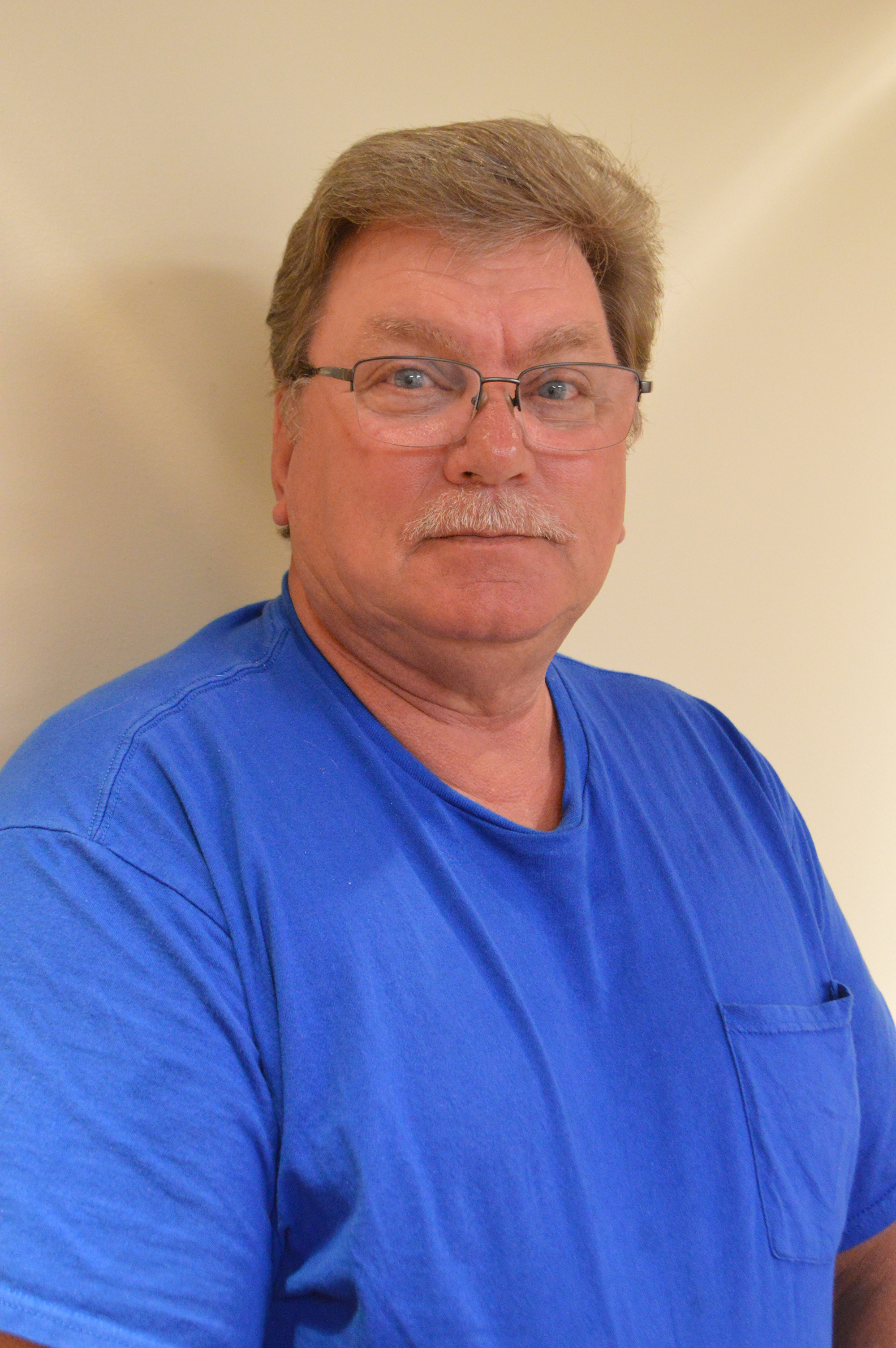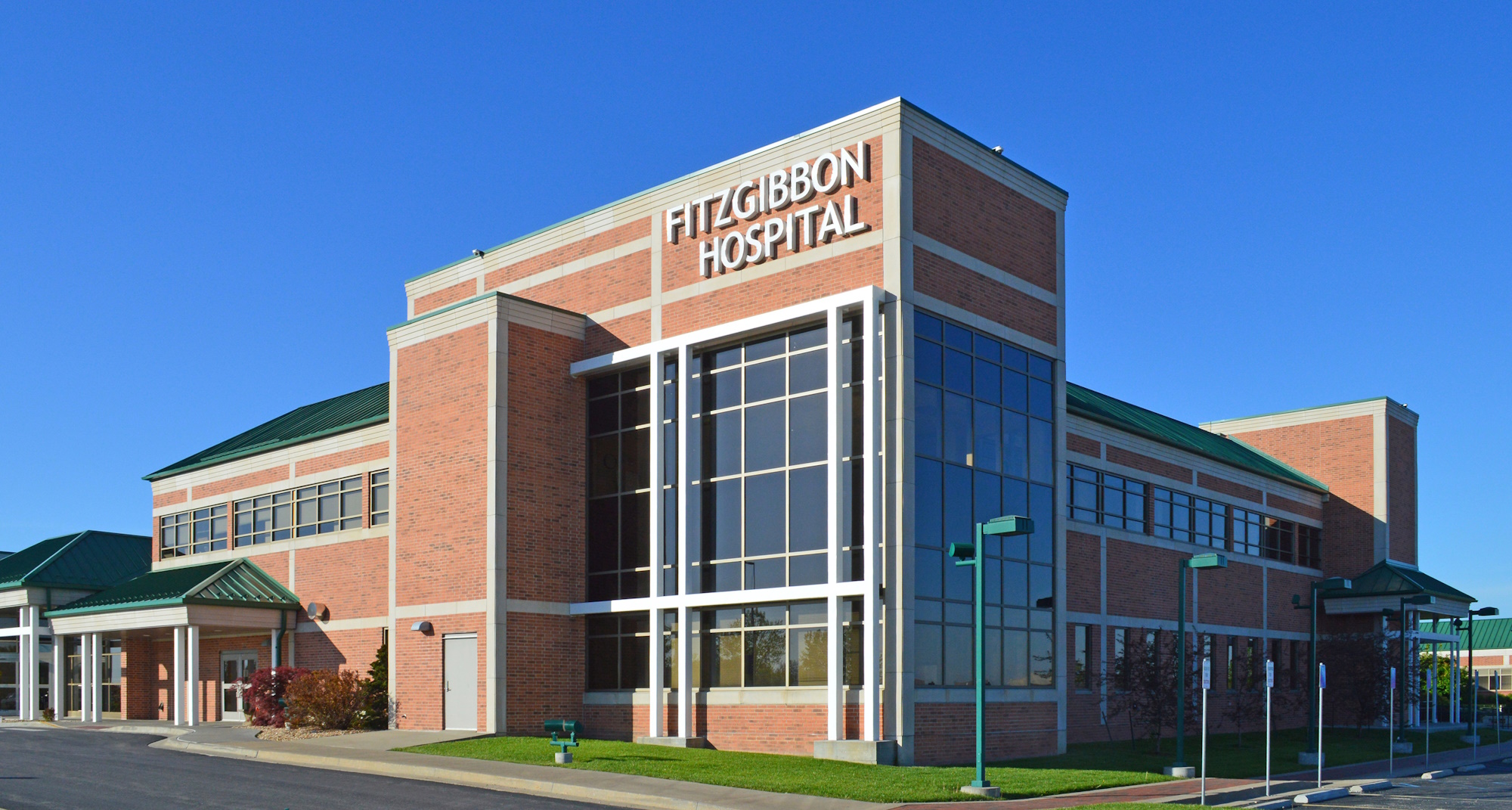
Diabetes Diagnosis can Motivate Change
When a person’s doctor recommends they visit with a dietitian following a new diagnosis of diabetes, they often experience concern that they will face ridicule, or the recommended changes in diet will be too difficult to accomplish. This feeling is experienced by 1.4 million Americans each year who receive a new diagnosis of diabetes. For Marshall resident Billy Simmons, however, the new diagnosis was both concerning and empowering.
"In November I got a phone call from Marty in Dr. Keuhn's office, and she informed me that I was diabetic,” said Simmons. “They set up an appointment to come out and talk to a dietitian at Fitzgibbon Hospital. I dreaded it because I am a ‘meat and potatoes’ man. I have always heard the worst about dietitians, so I came out with both fists cocked and ready for a battle.”
Simmons added that he planned to walk out of the meeting if the dietician’s advice sounded more like a command. But to his surprise, Sara Walker, registered dietician for Fitzgibbon Hospital, was very caring and full of suggestions for small changes that ultimately made a big difference in his health.
"She was sweet. We sat down and we talked, and she asked me what I knew about being a diabetic. I said what I did know is that I didn't want to lose a toe or a foot or my eyesight,” said Simmons. “So my choice was, 'What am I going to do about it?' Then she informed me that I didn't have to change what I was eating as much as how much I was eating."
Walker agrees that focusing on changes that seem manageable to patients is her priority.
"I could tell he was pretty apprehensive about coming because food was important to him; and the way that he was eating was important to him. He was a little apprehensive about having a list of things that he couldn't eat. I assured him that we could discuss his eating habits and how we could tweak those a little bit so that they were more diabetic-friendly," said the Diabetic Educator for Fitzgibbon Hospital.
Diabetes, also known as diabetes mellitus, is a metabolic disease in which the body is unable to produce the amount of insulin required to control the level of sugar, or glucose in the blood. For some, they are born with this disease which is referred to as Type I diabetes. For a growing number of people across our nation, including Saline County, they acquire diabetes later in life, which is referred to as Type II diabetes.
There is no cure for diabetes. It is manageable, however, once diagnosed. According to the National Institute of Diabetes and Digestive and Kidney Diseases at the National Institute for Health, some of the primary risk factors for Type II diabetes include obesity, with the typical factors that go along with it:, heredity with first-degree family members who have been diagnosed; and low physical activity levels.
"Food is very important to people. It is very integrated into our lives. Anytime you start talking about food people get a little sensitive. As an educator, you overcome it by letting people share with you what the important things are that they eat. And you work with their style. Some people would rather just completely eradicate the foods for which they can't decrease portion sizes. I help them replace those foods. For others, they are able to monitor their portion sizes and continue to eat the things that they love; and then they add the physical activity with that. There is no ‘cookie-cutter’ way to doing diabetes or nutrition education. It really is tailored to the person. We try to assess the person's personality and what their needs are up front and then work with that. This goes a lot farther than just telling them what they need to do. Food is more than just nourishment. It is an emotional part of our lives," said Walker.
Food was definitely important to Simmons, and he readily admits the affect it had on him.
"I was an M&M nut. I had a big family bag next to my chair and that was MY bag. Nobody got into it. That is where I sat and watched TV. I would go through a couple bags of those a week. I haven't had an M&M since they told me I have diabetes," said Simmons proudly.
Simmons recently attended the annual Diabetes Advisory Board meeting held at Fitzgibbon Hospital and provided information as a spokesperson for the diabetic education program. The program at Fitzgibbon Hospital is recognized by the American Diabetes Association as meeting national standards for Diabetes Self-Management Education. It is one of the many ways Fitzgibbon Hospital is engaging Saline County to improve the health of the community.
"It was exciting for the other professionals in the room to hear what he had to say," said Walker.
Simmons has been successful in lowering his A1C level, which is the measurement of blood glucose over a three month period of time. His blood glucose level dropped from 8.2 in November 2015 to 5.8 in a recent test done in May 2016. That drop in blood glucose means that he is managing his diabetes effectively. Simmons admits that for him, diet was just part of his change in lifestyle. Adding exercise was another part of the positive changes he made.
"In July of last year, I walked from my house to Samson's on Odell, and I huffed and puffed and hurt. I was in terrible shape. I didn't think I was going to make it. In January of this year I started going to the gym. Early this March, I had to go back up there (to Samson’s) and I decided to walk. I walked it in a breeze. The exercise has benefitted me completely. I used to look for parking spaces as close to the door as possible so that I wouldn't have as far to walk. Now I am parking at the other end of the parking lot and walking across," said Simmons.
Since monitoring his carbohydrate intake and adding exercise to his change in lifestyle, Simmons has lost more than 21 pounds. The weight loss also has had a significant impact on blood glucose levels. Researchers have found losing just 5 percent of overall body weight can have a positive impact on blood glucose levels.
Simmons says he could not have progressed like he has without Walker’s help, but Walker is quick to credit Simmons for his tenacity in making a lifelong change in his health.
"I couldn't have done it without Sarah Walker. She is sweet. She is just so good to work with - and with the public - as far as I am concerned. I was scared, because I had in my mind that she was going to tell me how I had to live. But I had to go out and talk to her. Get a feeling of what you have to do and then decide what you want to do with it afterwards. She is there to help you. I never felt judged or condemned. When I sat down with Sarah, I felt comfortable with her. She wasn't pushy, and she listened to my concerns. Then she explained in detail what needed to be done and how I could go about doing it. I would very strongly suggest going out and talking to her to hear what she has to say," said Simmons.
Despite the praises for the diabetic educator, Walker gives Simmons’ personal perseverance and positive attitude a lot of credit.
"His success goes back to him. You can equip and educate people, but he definitely has a determined way about him and is very passionate about life and wanting to live a long life. It is more than just teaching him, it is helping people latch on to the 'I want to do this for me' mentality and making those mental health changes within themselves. He took that and ran with that," concluded Walker.
Sara Walker, R.D., is available to visit with patients who have received a diagnosis of diabetes, or who just want to visit about how food in the lives impacts their health. Ask your physician for a referral to the registered dietitian at Fitzgibbon Hospital or call (660)831-3265 to make an appointment.



.png)